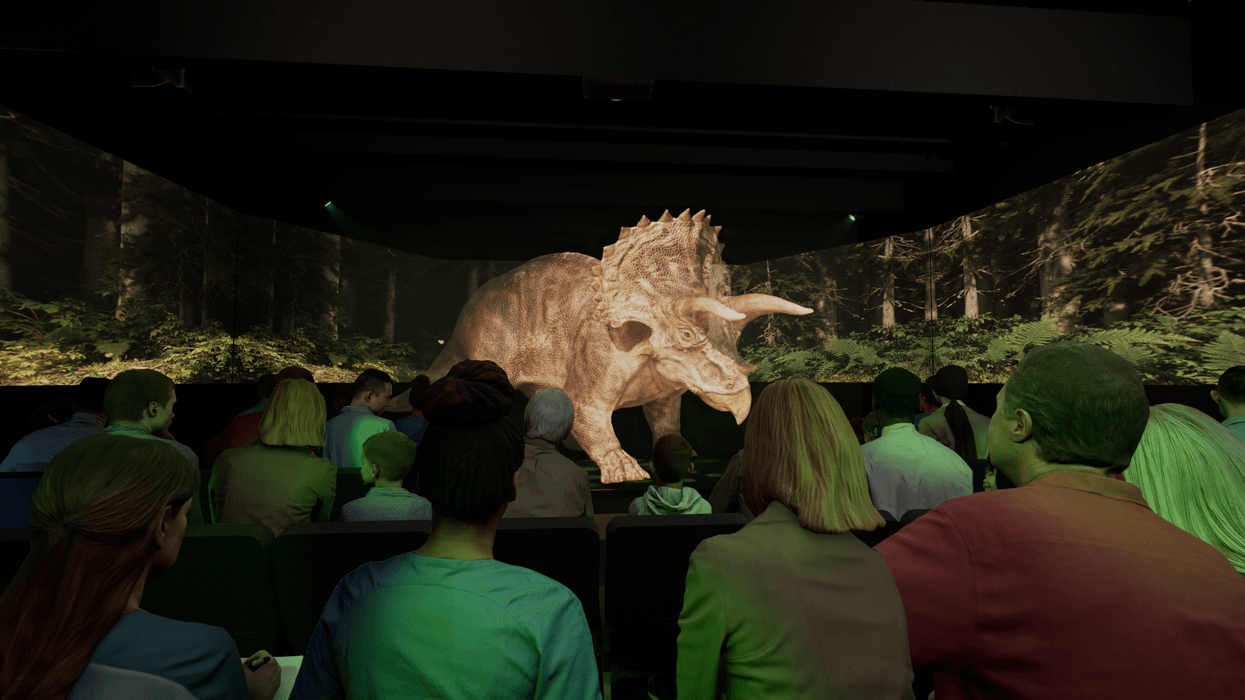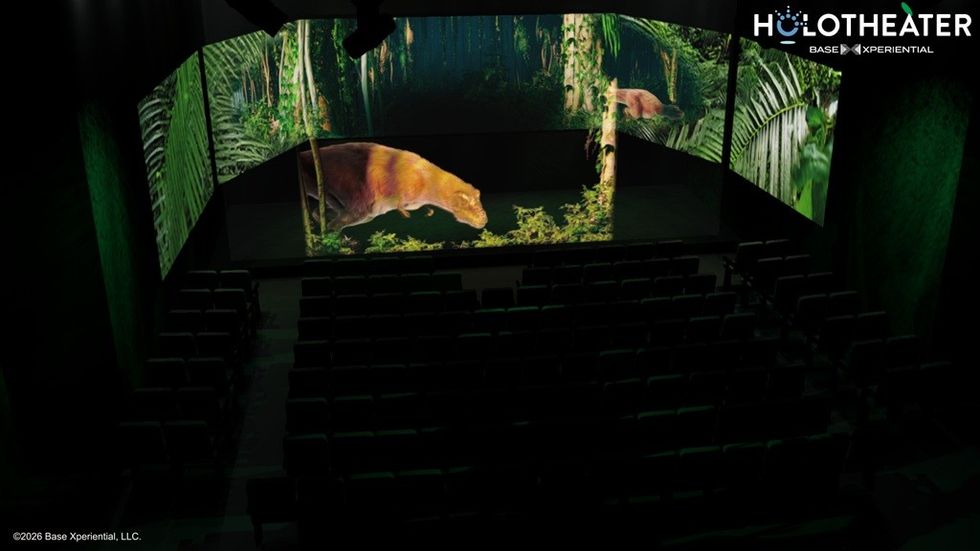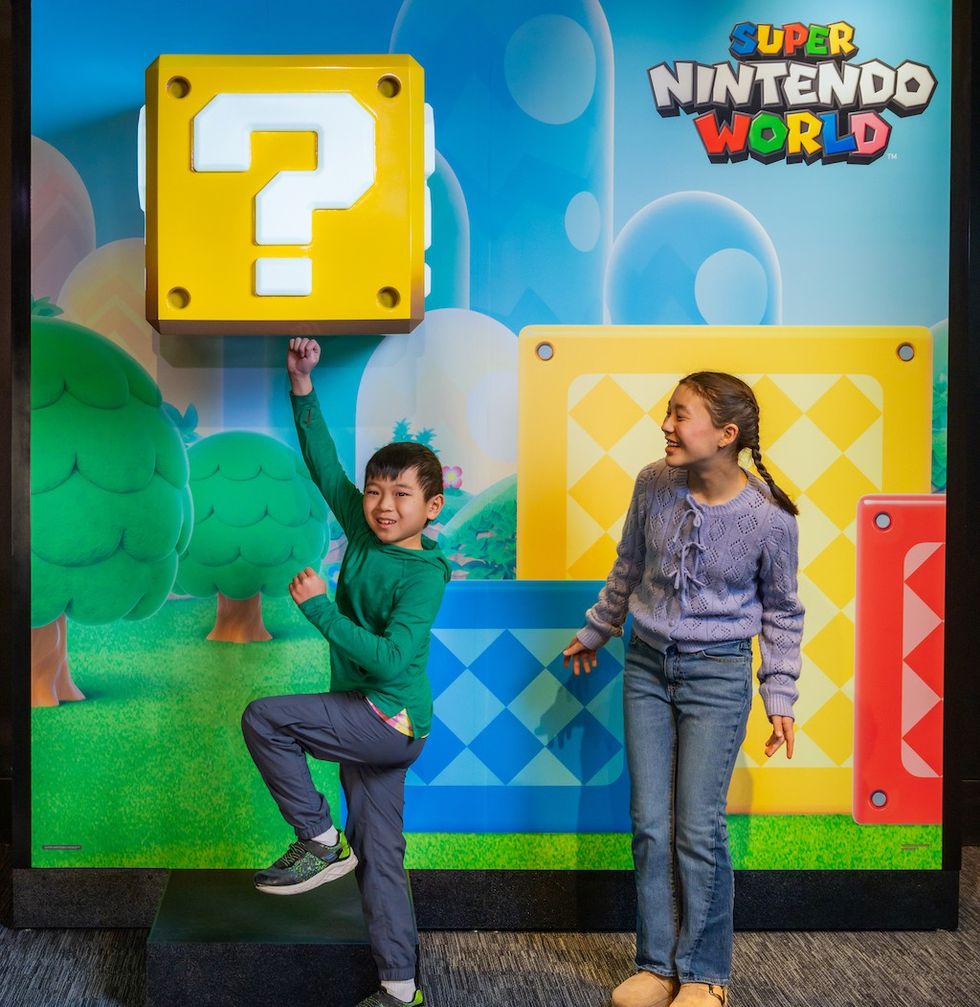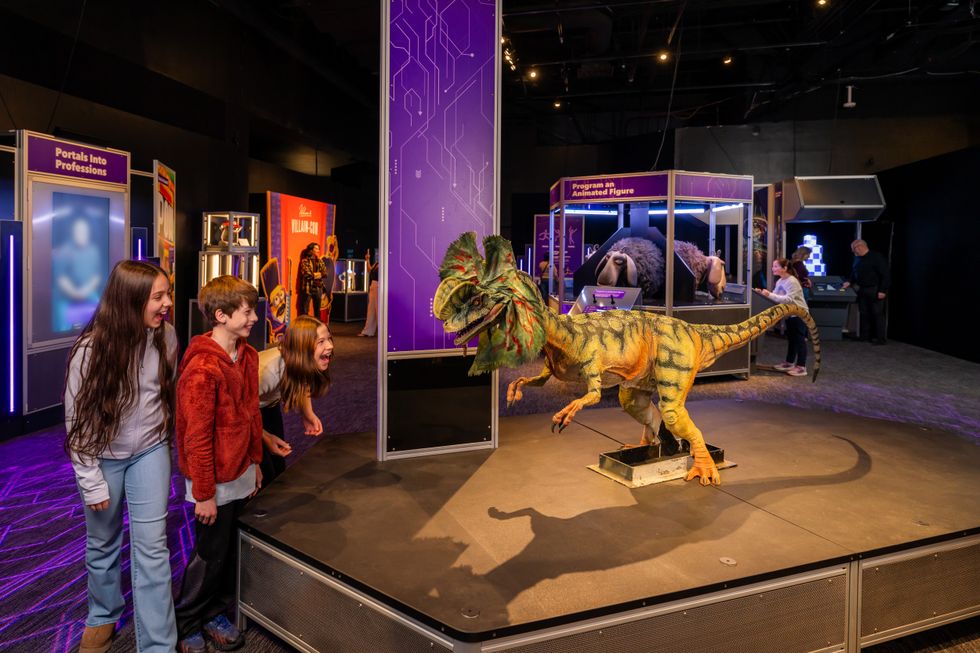Imperial War Museums ( IWM ), Capgemini, and Google Cloud today announced a significant partnership to successfully transcribe and translate over 20,000 hours of IWM's oral history collection using AI technology.
This project will provide access to firsthand accounts of 20th-century conflicts for the public, researchers, and educators worldwide, utilising advanced generative AI to transcribe, translate, and facilitate interactive archive exploration.
IWM intends to make this new technology accessible to the public through its website later this year. This platform will enhance existing recordings and resources, enabling users to search through over two million collection items.
Improving access
Many of IWM's 8,000 oral histories, dating from the 1940s to the 2000s, were only available as audio files, making access time-consuming. They capture unique conflict experiences but pose challenges, such as diverse expressions, military jargon, and varied audio quality.
Capgemini, working with Google Cloud, created an innovative solution to improve access to these recordings within IWM's broader oral history collections.
The project used a sophisticated pipeline on Google Cloud with Gemini models for transcription and analysis. It extracts metadata, such as names of people, places, and military units, and creates detailed summaries of interviews, highlighting key events and themes.
This process, originally estimated to take about 22 years manually, will now only take a few weeks.
"This project is a big step forward in our mission to broadening access to our vast collections," says Nick Hodder, director of digital engagement and transformation at Imperial War Museums.
"Our expert curators have been fully involved in this work, ensuring the technology delivers very high levels of accuracy, including understanding and interpreting accents, historical facts and military terminology. This landmark collaboration between IWM, Capgemini and Google Cloud is a significant innovation and a first for a UK museum."
99% word accuracy
The technology achieves 99% word accuracy and 94% speaker diarisation in transcription tests. It enables users to search across interviews using free text, listen with synchronised transcripts, and access AI-generated summaries via an easy interface. An "ask a question" feature enables users to pose natural language queries about any interview, receiving answers accompanied by citations, thereby ensuring accuracy and supporting research.
"We are incredibly proud to partner with Imperial War Museums and Google Cloud on this culturally significant initiative," says Steven Webb, UK chief technology and innovation officer at Capgemini.
"This project showcases the profound impact of generative AI in unlocking historical archives and making them accessible in new and engaging ways. It's a testament to how technology can connect us more deeply with our past to inform our future."
John Abel, managing director, office of CTO at Google Cloud, adds:
"Google Cloud is committed to empowering organisations like Imperial War Museums with AI tools that can transform how we interact with history. The use of Gemini models to process and understand such a vast and nuanced audio collection demonstrates the sophisticated capabilities of generative AI to overcome complex challenges and deliver meaningful outcomes."
IWM plans to expand its AI capabilities by combining AI analysis with human expertise, enhancing access for researchers, academics, and the public.
Last month, it was announced that the National Archives Museum in Washington, DC will feature a new gallery powered by AI systems when it opens this autumn. The National Archives’ museum is currently undergoing a $40 million renovation, its first in 20 years, before opening to the public on 23 October.
Meanwhile, the Rijksmuseum in Amsterdam has launched an AI-powered tool called ‘Art Explorer,’ which allows users to collect and compare artworks from the museum’s collection. The new tool enhances the Dutch museum’s 800,000-piece collection, making it more searchable and offering an interactive digital experience.
Charlotte Coates is blooloop's editor. She is from Brighton, UK and previously worked as a librarian. She has a strong interest in arts, culture and information and graduated from the University of Sussex with a degree in English Literature. Charlotte can usually be found either with her head in a book or planning her next travel adventure.
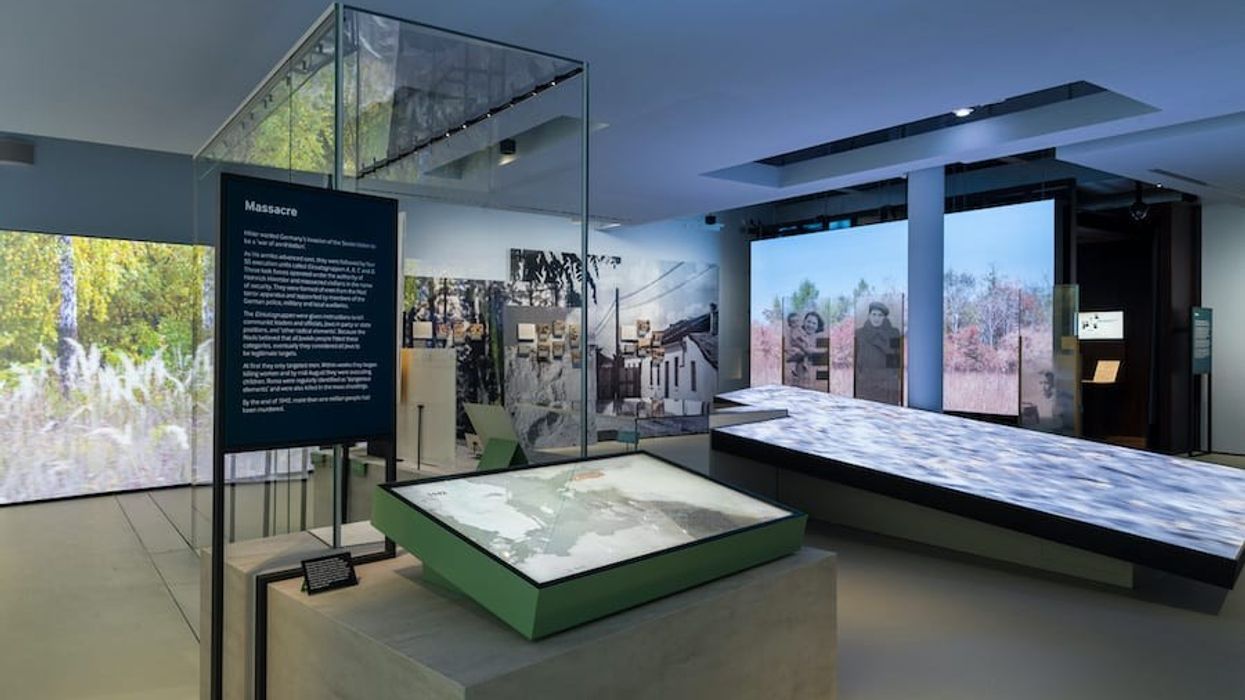

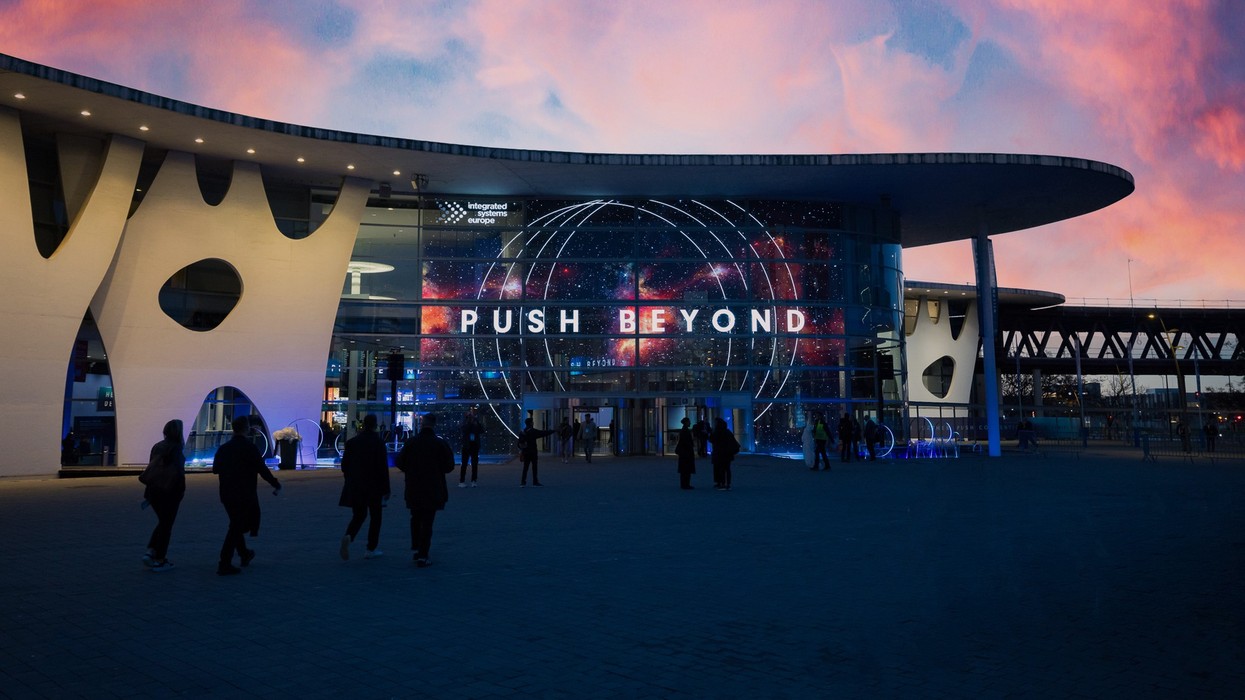

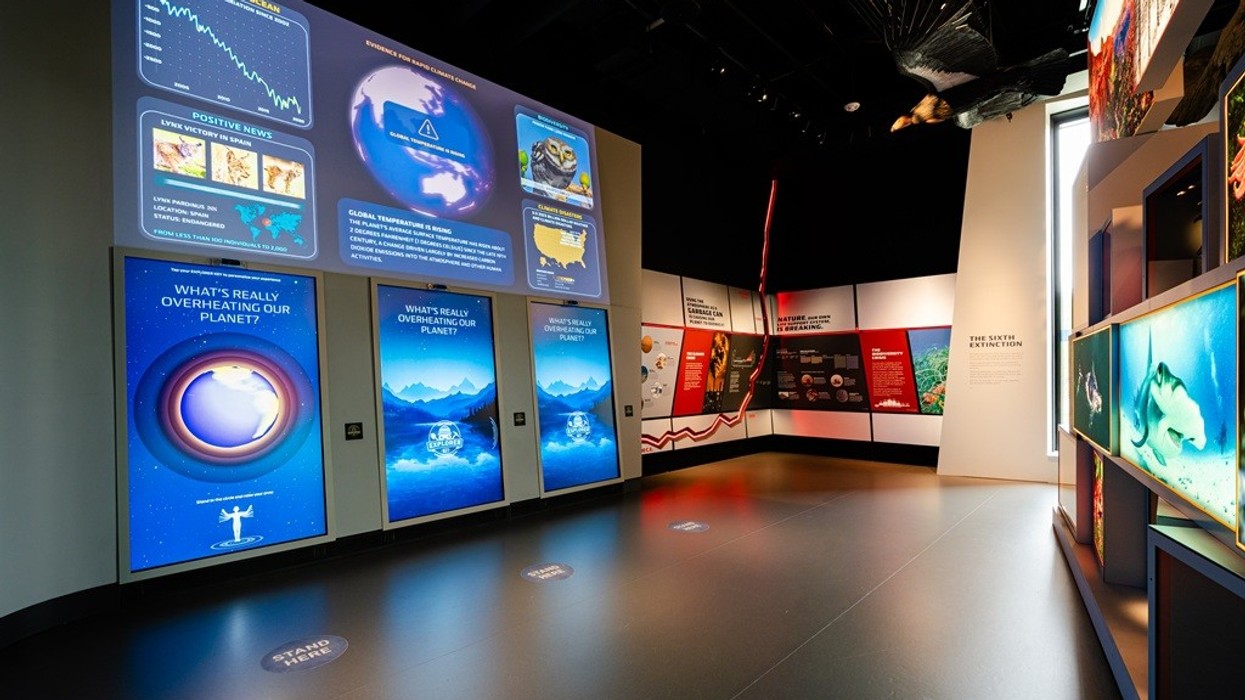











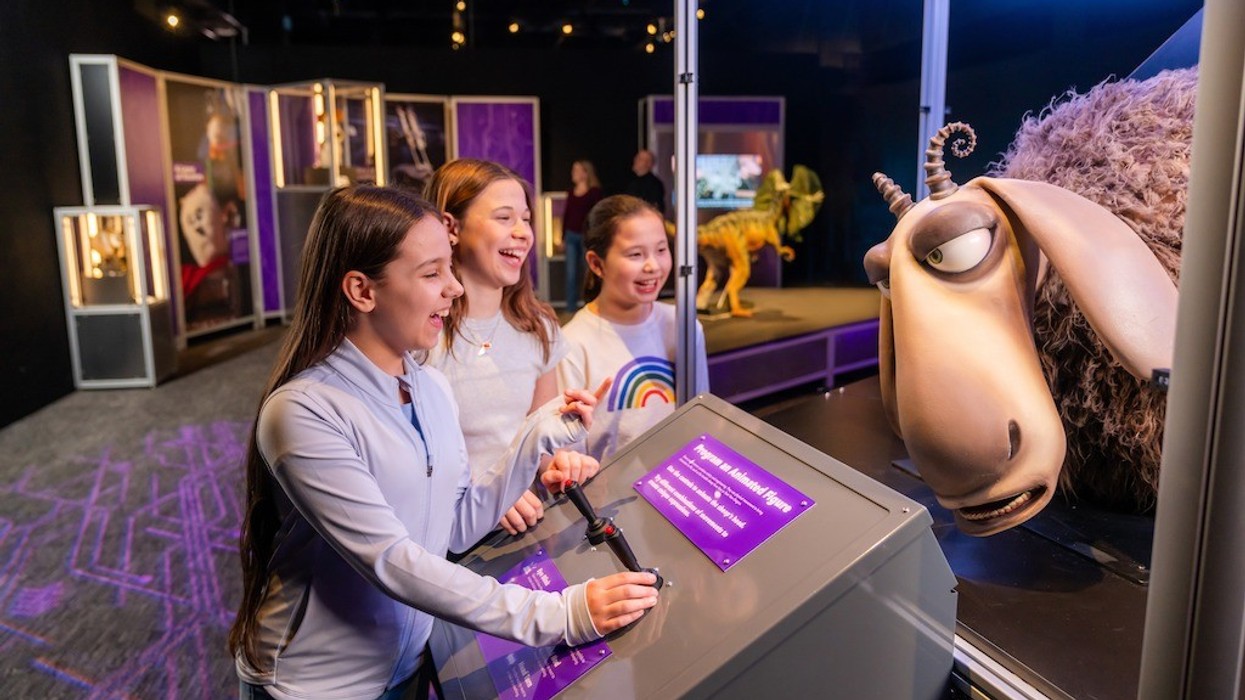








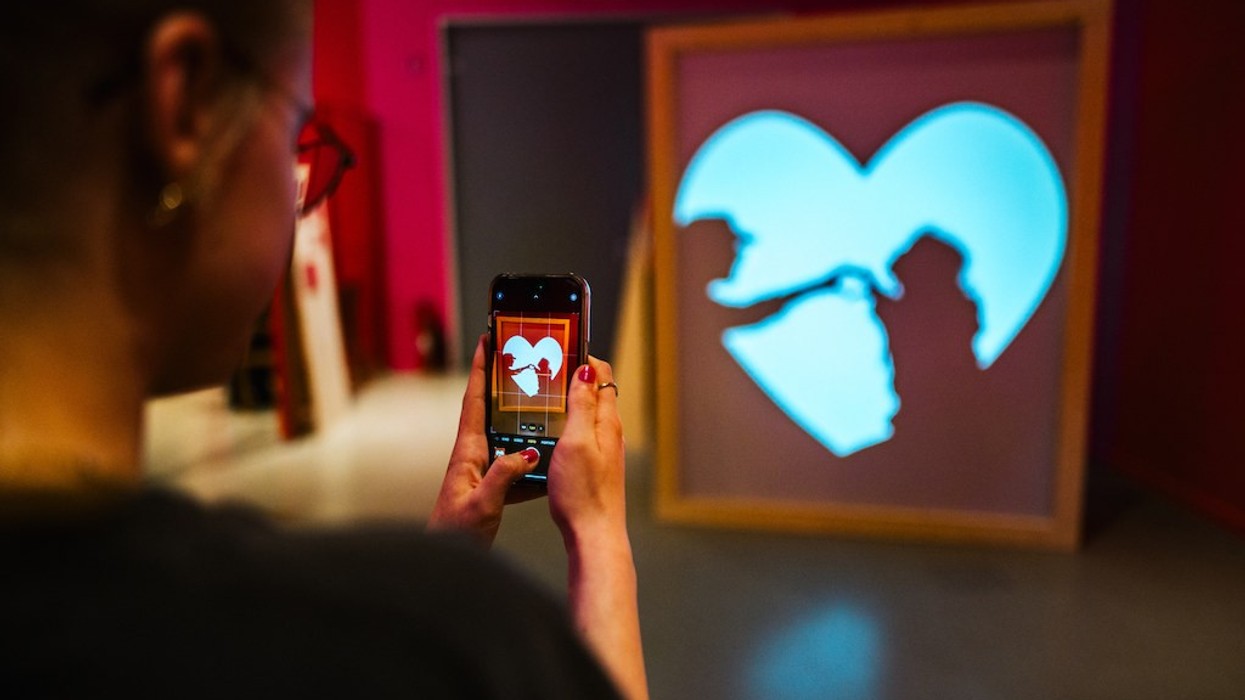

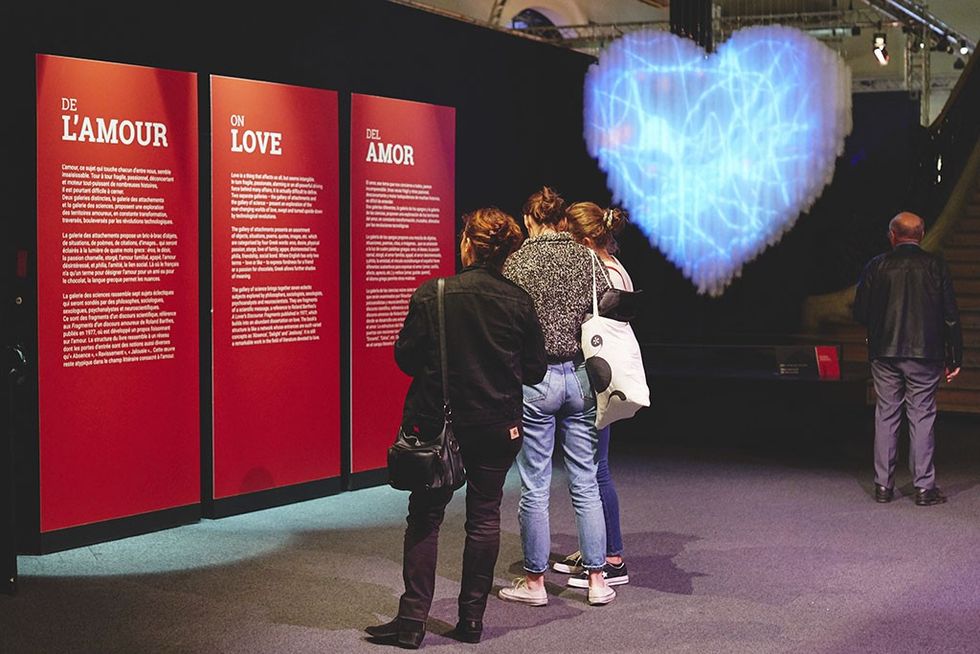 Image credit R Thenadey
Image credit R Thenadey Image credit R Thenadey
Image credit R Thenadey

